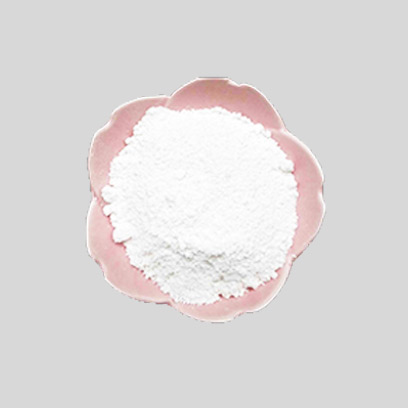
Oct . 09, 2024 06:27 Back to list
Exploring the Properties and Applications of Titanium Dioxide in Modern Technology
The Versatile Applications of Titanium Dioxide (TiO2)
Titanium dioxide (TiO2) is a naturally occurring oxide of titanium that has garnered significant attention in various fields due to its unique properties and versatility. Known for its exceptional brightness and high refractive index, TiO2 is widely utilized in industries ranging from paints and coatings to food and pharmaceuticals.
The Versatile Applications of Titanium Dioxide (TiO2)
In addition to its role as a pigment, titanium dioxide possesses remarkable photocatalytic properties, making it an essential material in environmental applications. When exposed to ultraviolet (UV) light, TiO2 can facilitate chemical reactions that break down organic pollutants and disinfect surfaces. This capability has led to its use in self-cleaning surfaces, air purification systems, and water treatment technologies. For instance, TiO2 coatings can be applied to building materials to promote the degradation of harmful bacteria and volatile organic compounds (VOCs), contributing to healthier indoor environments.
titanium oxide tio2

The use of titanium dioxide extends into the realm of sunscreens and cosmetics, where it serves as a physical UV filter. TiO2 protects the skin from harmful UV radiation by reflecting and scattering sunlight, making it an integral ingredient in many sunblock formulations. Its non-toxic and inert nature renders it suitable for sensitive skin types, further enhancing its popularity in cosmetic products.
Moreover, titanium dioxide nanoparticles are gaining traction in the field of nanotechnology. Their unique properties, including high surface area and reactivity, open up avenues for innovation in drug delivery systems, bioimaging, and cancer therapy. Researchers are exploring how TiO2 nanoparticles can be utilized to transport drugs directly to target sites in the body, improving the efficacy of treatments while minimizing side effects.
Despite its many advantages, the use of TiO2, particularly in nanoparticle form, has raised environmental and health concerns. Studies suggest potential risks associated with inhalation and exposure to TiO2 nanoparticles, leading to ongoing research aimed at understanding their long-term effects. Regulatory bodies are carefully monitoring the use and disposal of TiO2 in various applications to ensure human safety and environmental sustainability.
In conclusion, titanium dioxide (TiO2) is a multifaceted compound that plays a crucial role in a myriad of industries. Its applications in pigments, photocatalysis, cosmetics, and nanotechnology illustrate its significance in modern society. As research continues to uncover new uses and address safety concerns, TiO2 is positioned to remain an essential material in advancing technology and enhancing quality of life.
-
Premium 6618 Titanium Dioxide for GPT-4 Turbo Applications
NewsJul.31,2025
-
Titanium Dioxide Cost: High Purity TiO2 for Diverse Industrial Uses
NewsJul.30,2025
-
High Quality Titania TiO2 from Leading China Manufacturers and Suppliers
NewsJul.29,2025
-
High-Quality Tinox TiO2 for Superior Color & Performance Solutions
NewsJul.29,2025
-
High Quality Titania TiO2 from Leading China Supplier & Manufacturer
NewsJul.29,2025
-
High-Performance r6618 TiO2 for Superior Whitening and Versatility
NewsJul.28,2025
